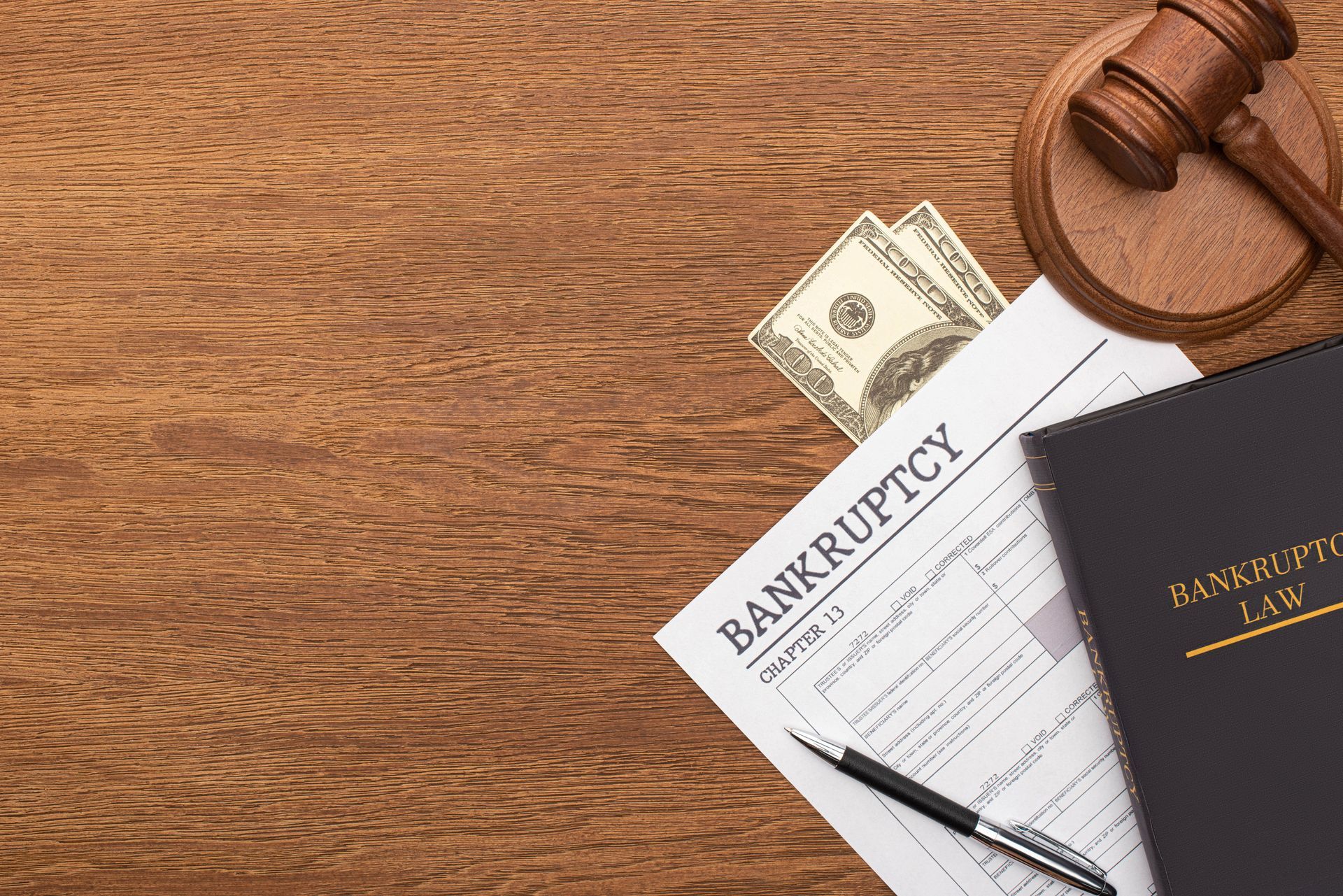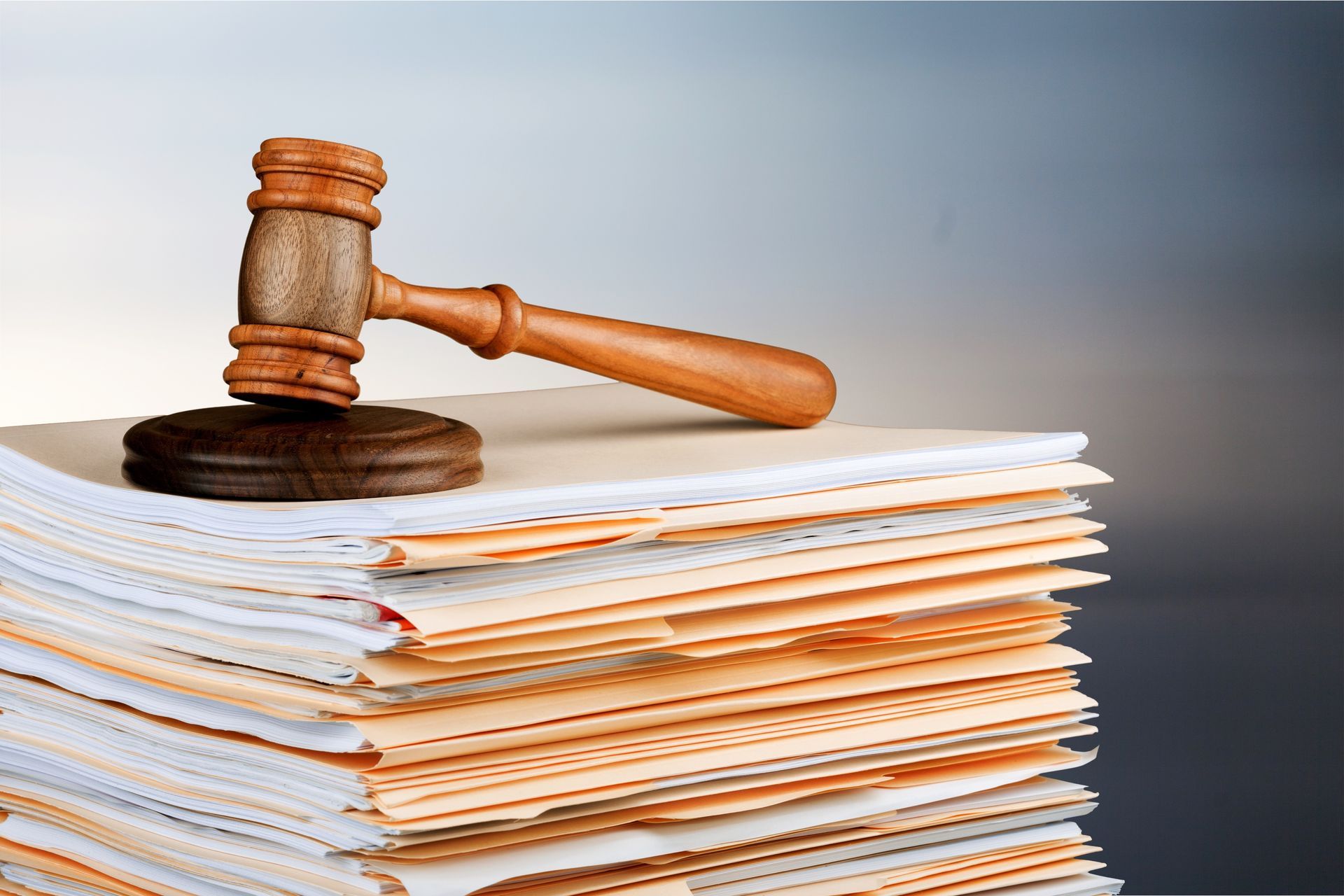Understanding Chapter 7 Bankruptcy in Arkansas
Understanding Chapter 7 Bankruptcy in Arkansas
Are you facing overwhelming debt and looking for a way to get a fresh start? Chapter 7 bankruptcy may be the solution you've been searching for. In this blog post, we will explore what chapter 7 bankruptcy is, how it works, and who qualifies for it. If you're an Arkansas resident struggling with financial difficulties, LCarl W. Hopkins, PA is here to assist you with your bankruptcy matters.
Chapter 7 bankruptcy, also known as liquidation bankruptcy, is a legal process that allows individuals or businesses to eliminate most of their unsecured debts by selling off nonexempt assets. This type of bankruptcy typically provides the filer with a fresh start financially by wiping out debts such as credit card bills, medical bills, and personal loans. It is important to note that not all debts can be discharged through chapter 7 bankruptcy, such as student loans and child support payments.
In order to qualify for chapter 7 bankruptcy in Arkansas, individuals must meet certain eligibility requirements. One of the main requirements is passing the means test, which compares your income to the median income in Arkansas for a household of similar size. If your income falls below the median income level, you may be eligible for chapter 7 bankruptcy. Additionally, individuals must undergo credit counseling from an approved agency within six months before filing for bankruptcy.
Filing for chapter 7 bankruptcy can be a complex and overwhelming process, which is why it's important to seek the guidance of a knowledgeable attorney like those at LCarl W. Hopkins, PA. Our experienced team can help navigate you through the process of filing for chapter 7 bankruptcy in Arkansas and ensure that your rights are protected every step of the way. We understand that dealing with financial difficulties can be stressful, but we are here to provide you with the support and representation you need.
Once your chapter 7 bankruptcy petition has been filed with the court, an automatic stay goes into effect which stops creditors from attempting to collect on your debts. A trustee will be appointed to oversee your case and liquidate any nonexempt assets in order to repay creditors. Most filers are able to keep their exempt property such as clothing, household goods, retirement accounts, and vehicles up to a certain value.
If you're struggling with overwhelming debt in Arkansas and considering filing for chapter 7 bankruptcy, reach out to LCarl W. Hopkins PA today for expert guidance and assistance. Our dedicated team is committed to helping residents of Arkansas navigate through difficult financial situations and find relief through the bankruptcy process. Don't let debt hold you back any longer - take control of your financial future with chapter 7 bankruptcy today!











